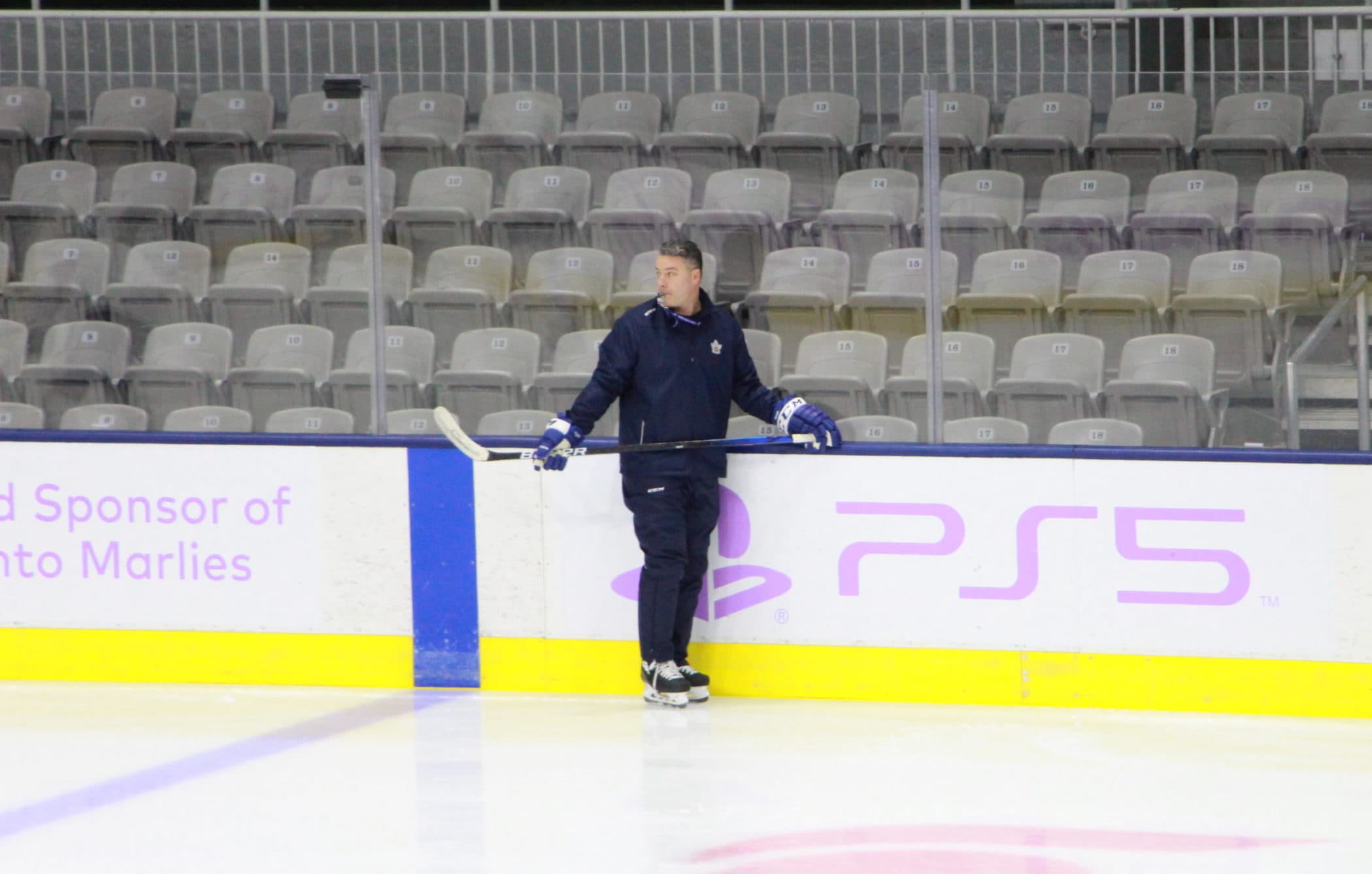‘The best thing about him is he doesn’t pretend to know you.’: How Greg Moore’s persona fits some of the changes needed in hockey
Photo credit: Nick Barden
By Nick Barden
Nov 25, 2021, 06:00 EST
Breaking News
- The Maple Leafs are in uncharted territory – but it only gets harder from here
- Dallas Eakins credits William Nylander and Craig Berube’s composure for Maple Leafs playoff success
- Dallas Eakins raves about Berube, Nylander, & Toronto’s postseason growth: Leafs Morning Take
- Craig Berube on what he’s learned from coaching William Nylander: ‘Just leave him alone’
- Brad Marchand admits the 2025 Leafs are continuing to get better
